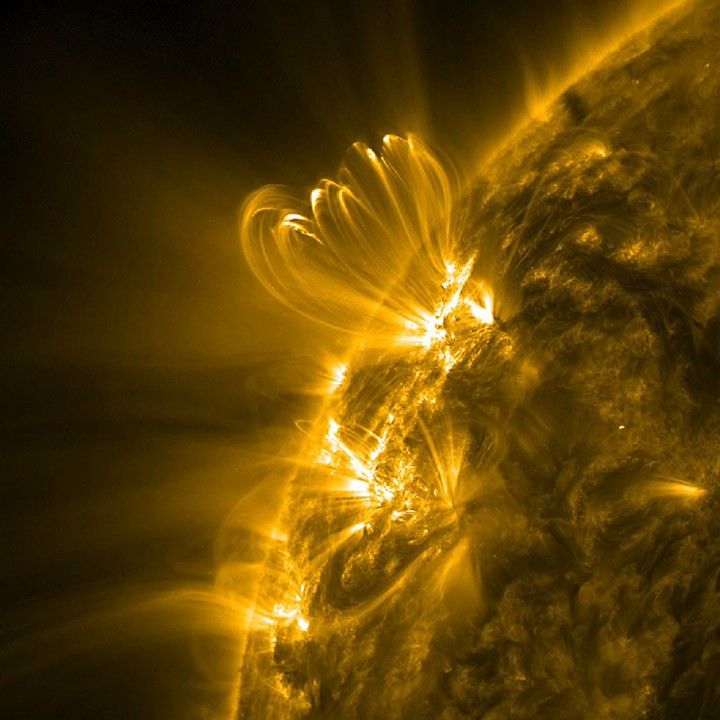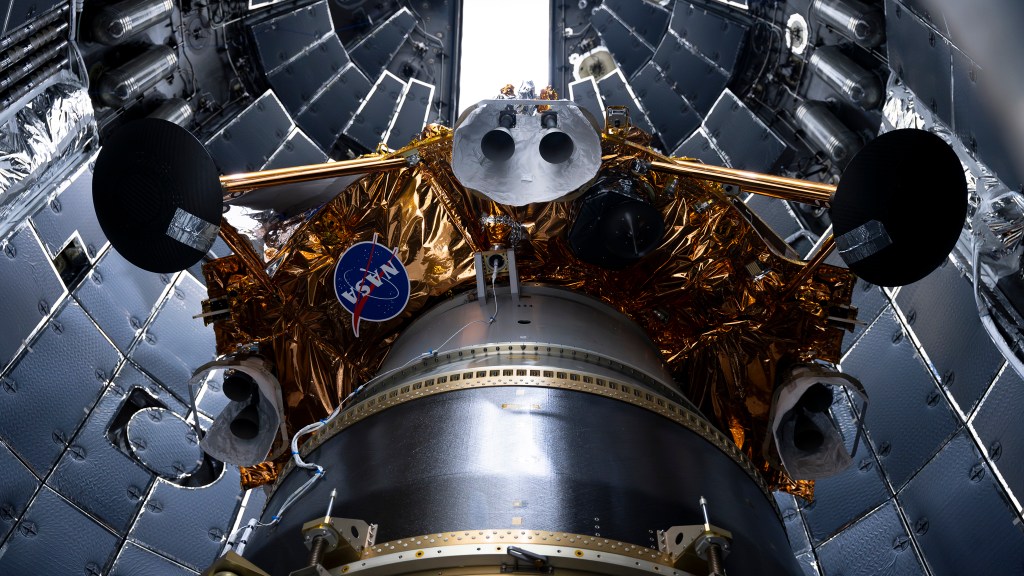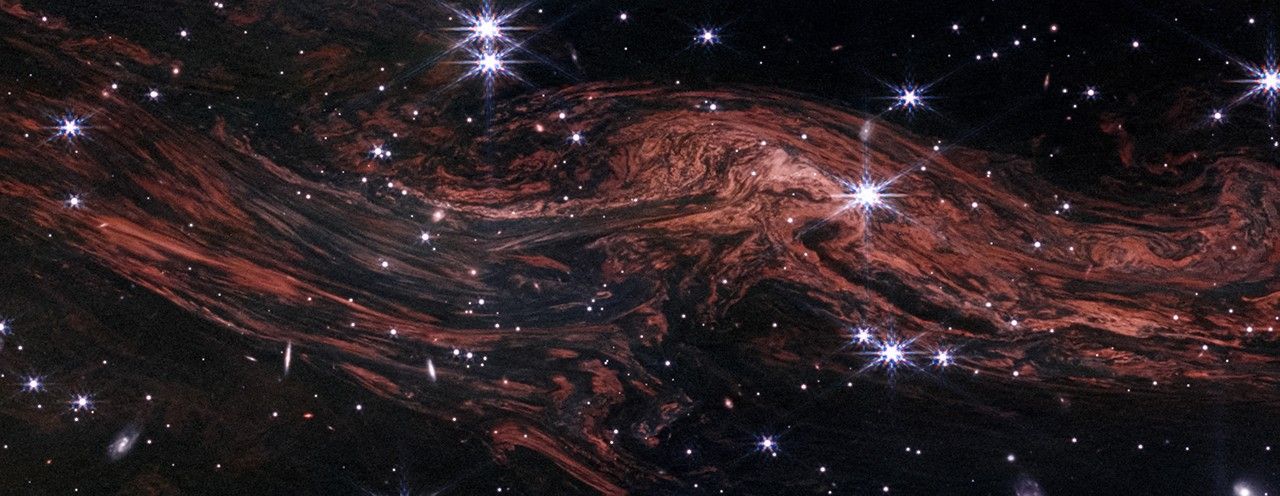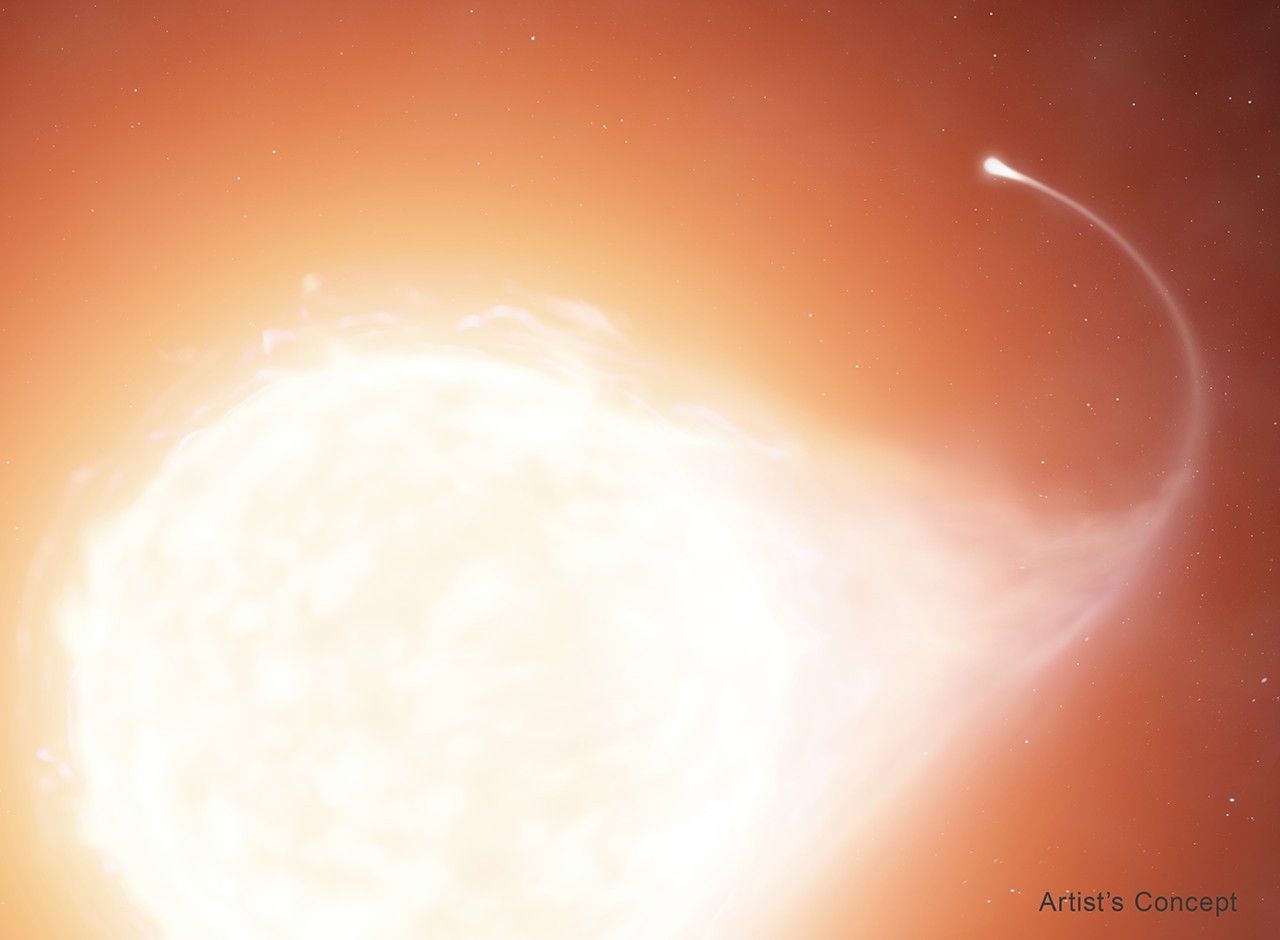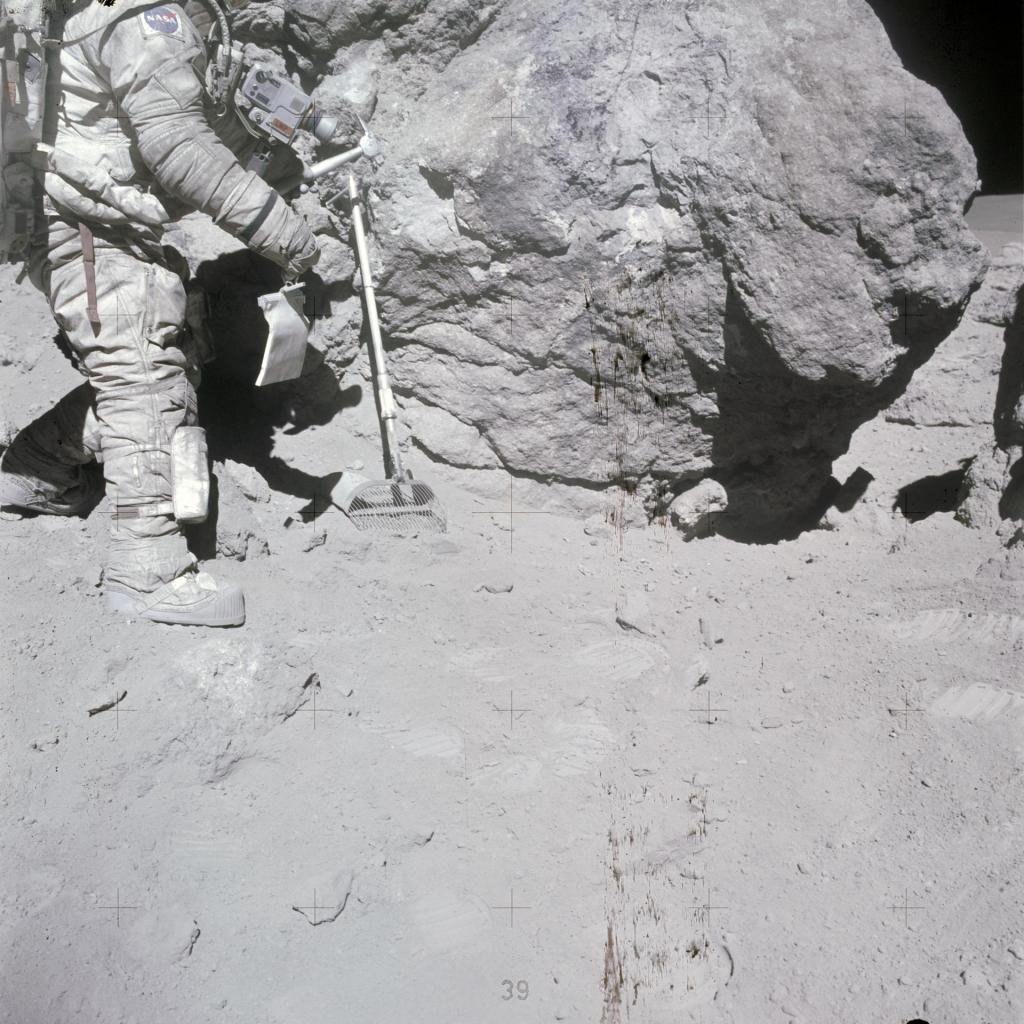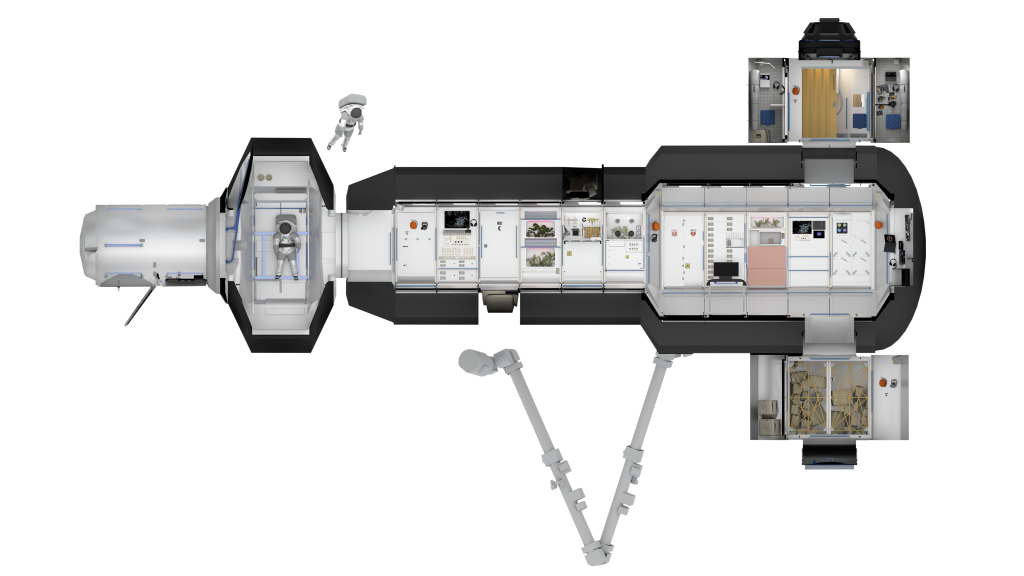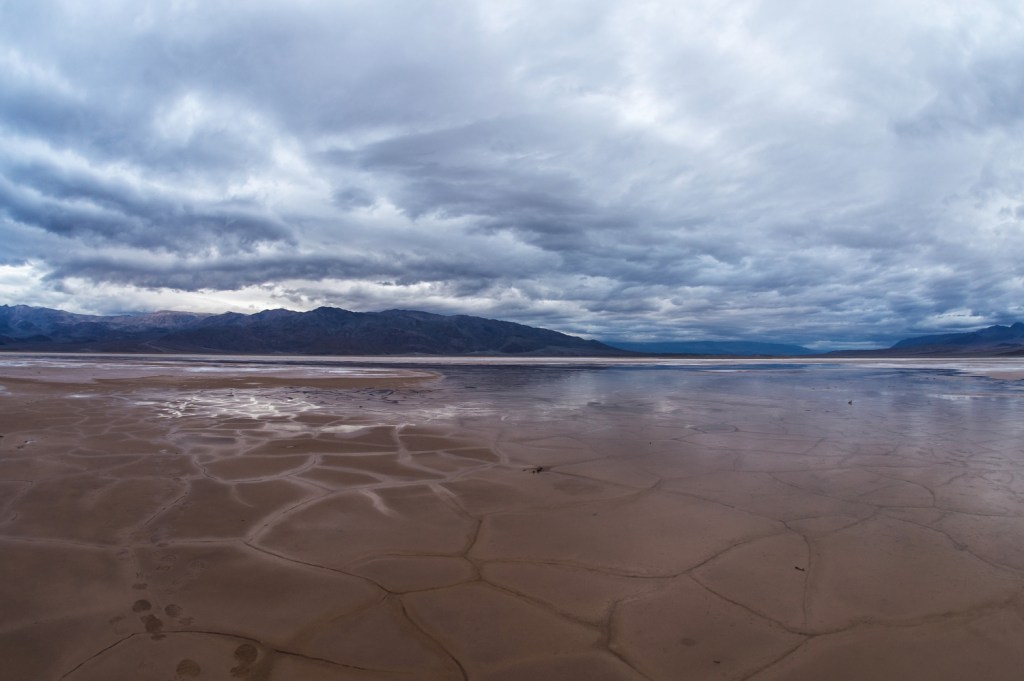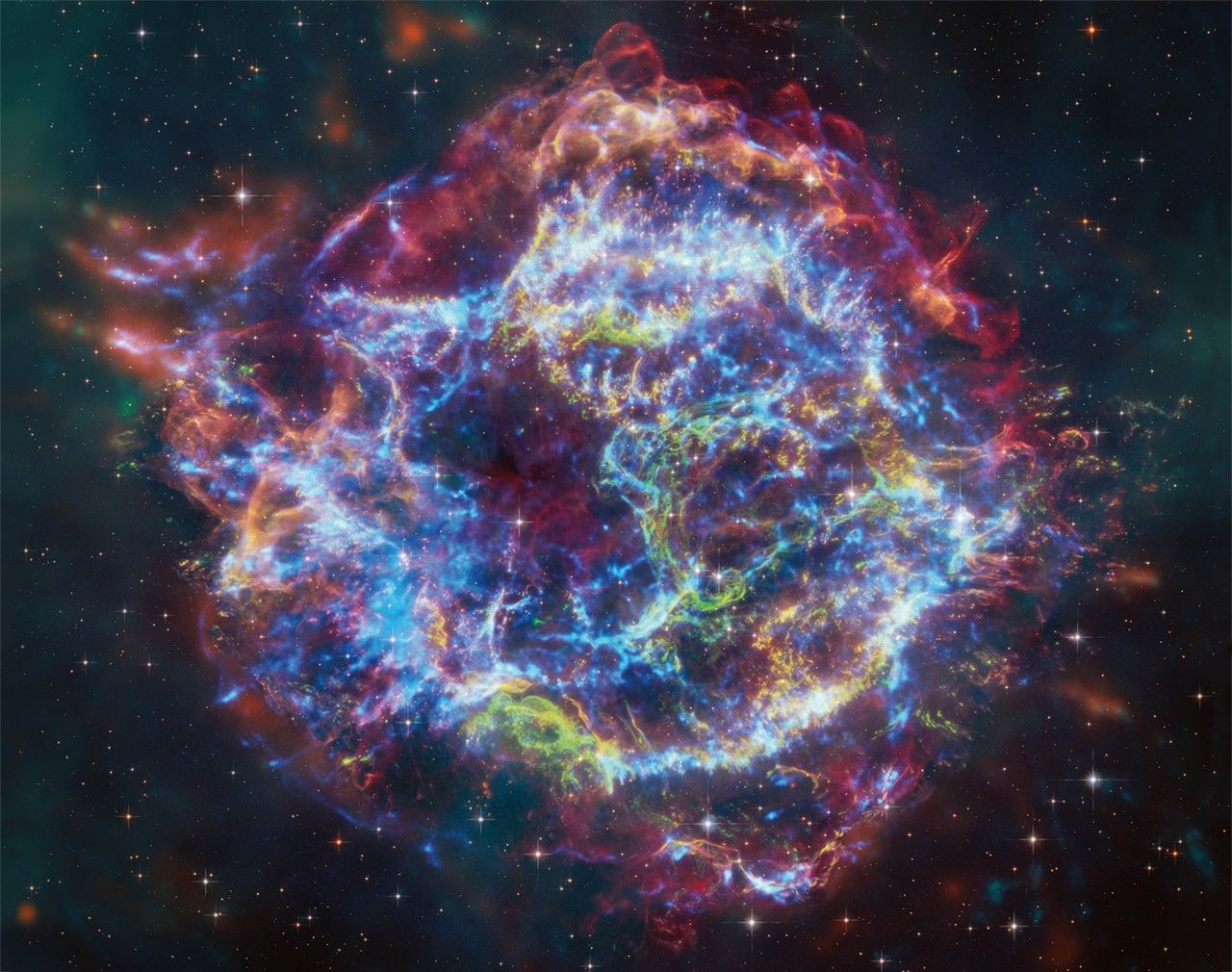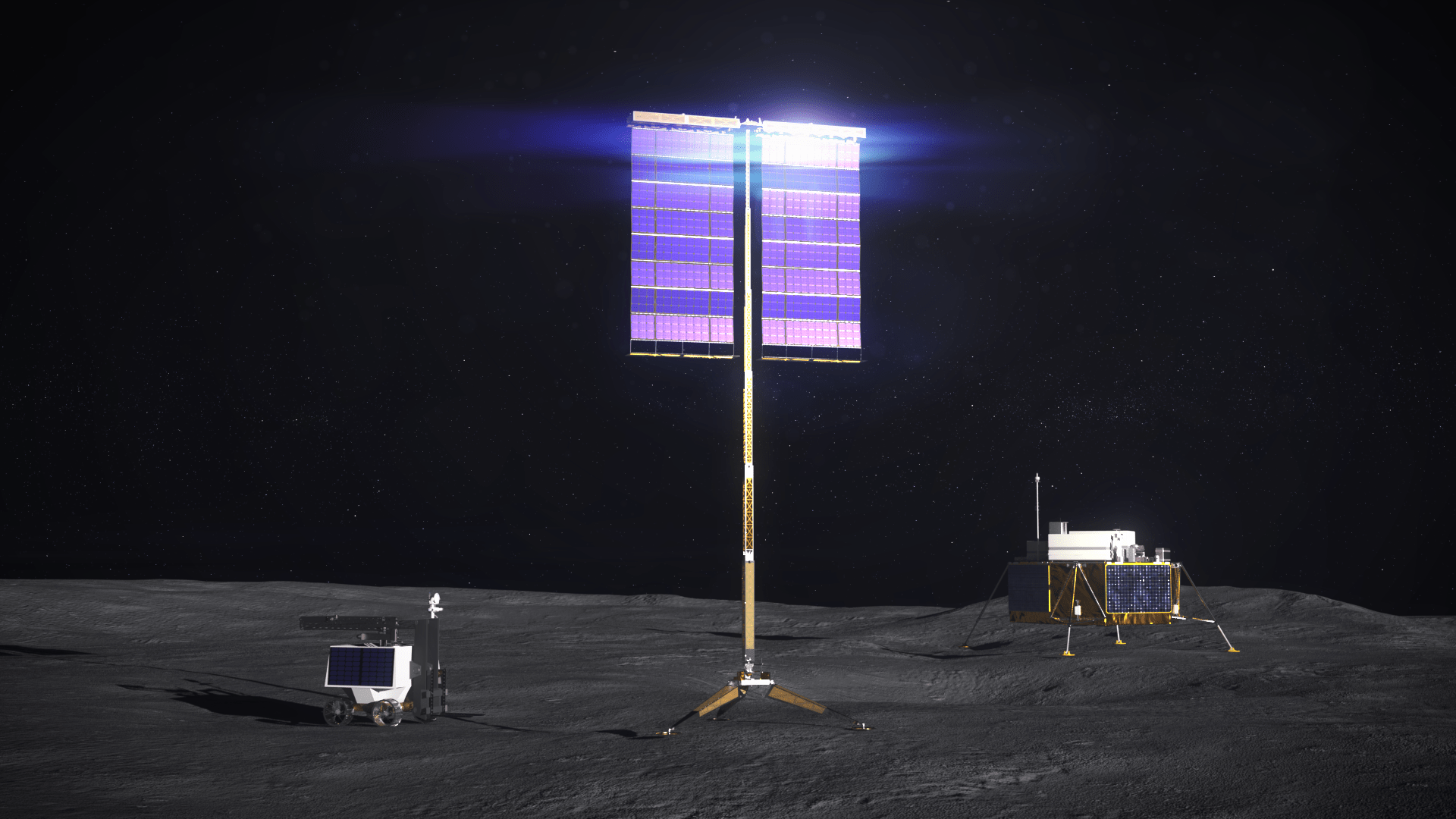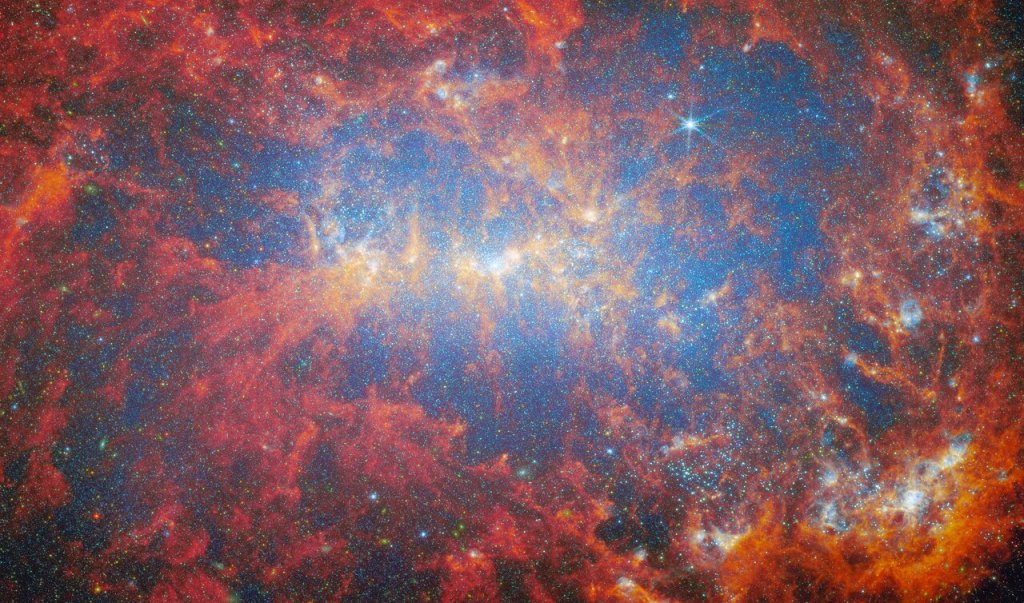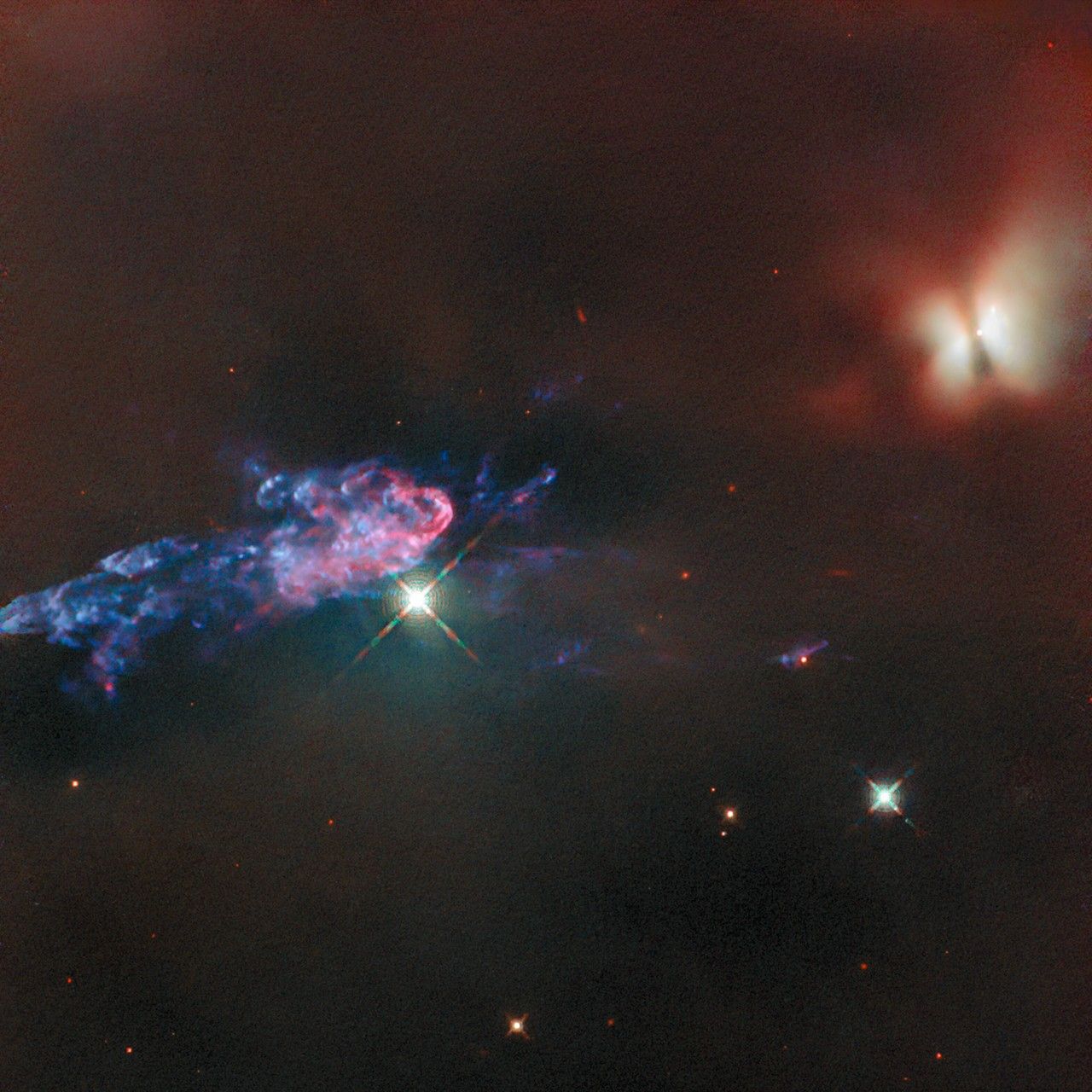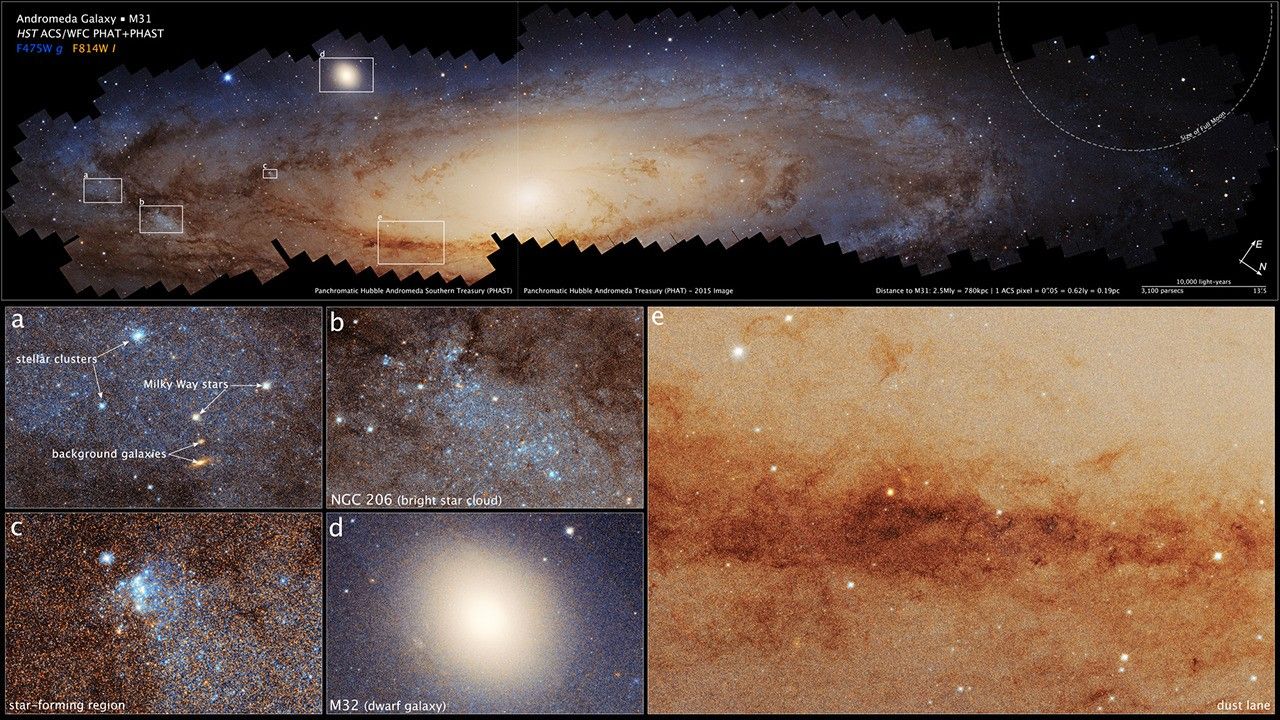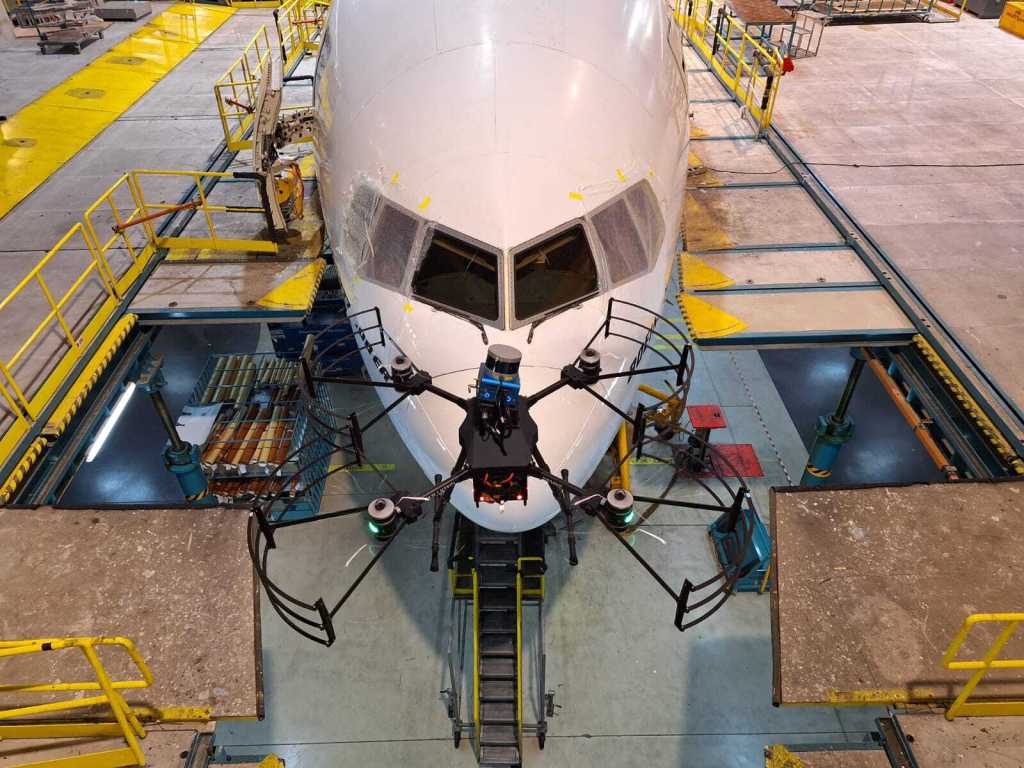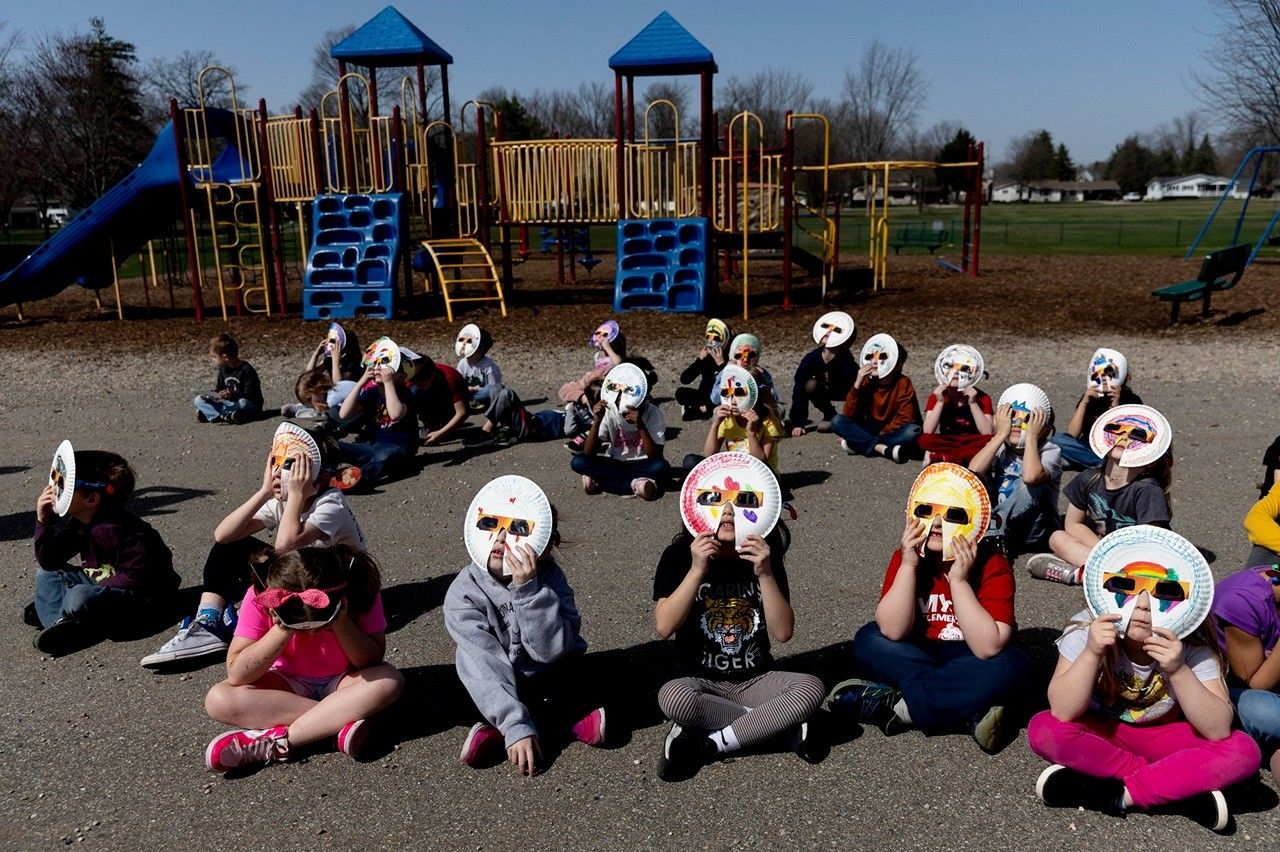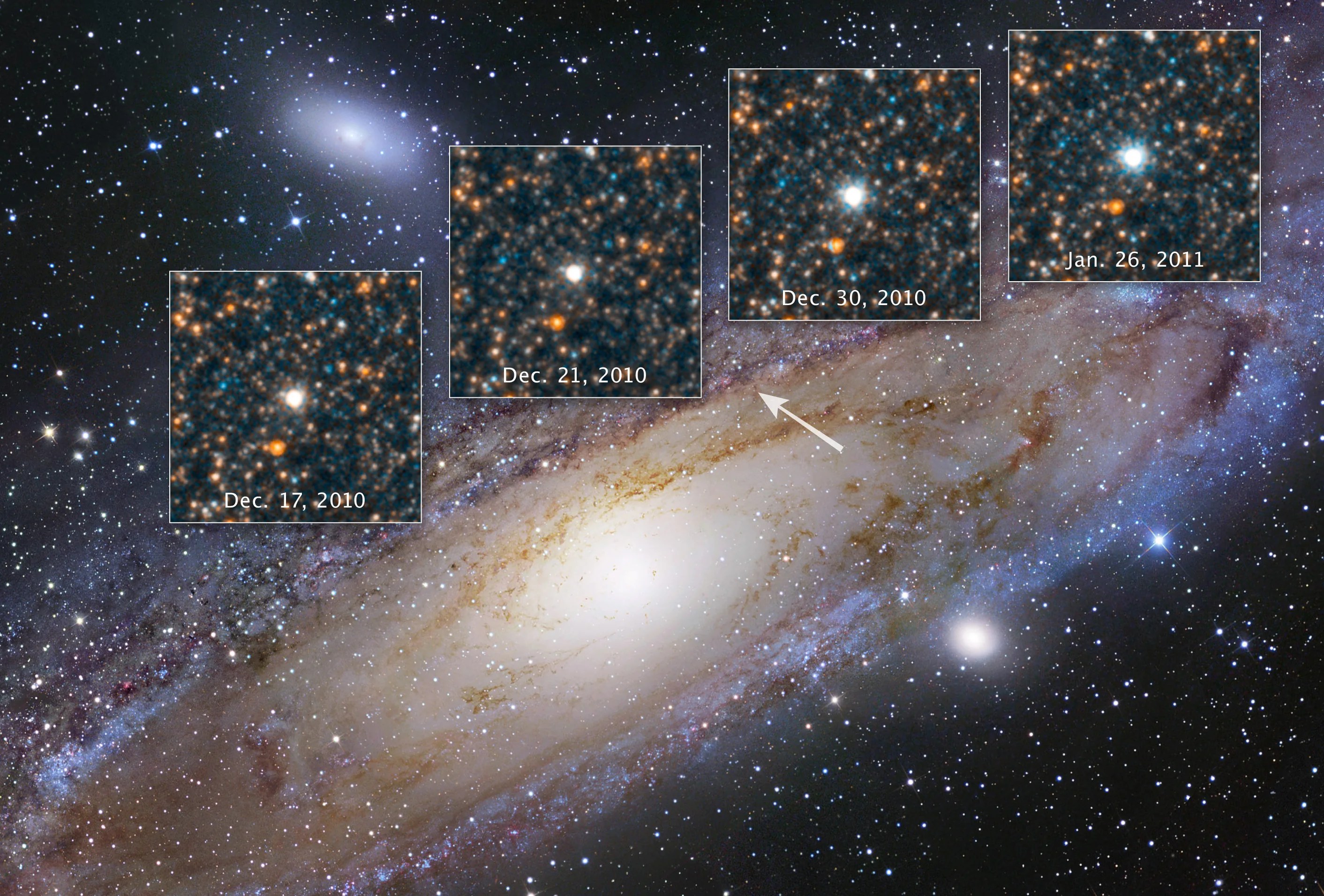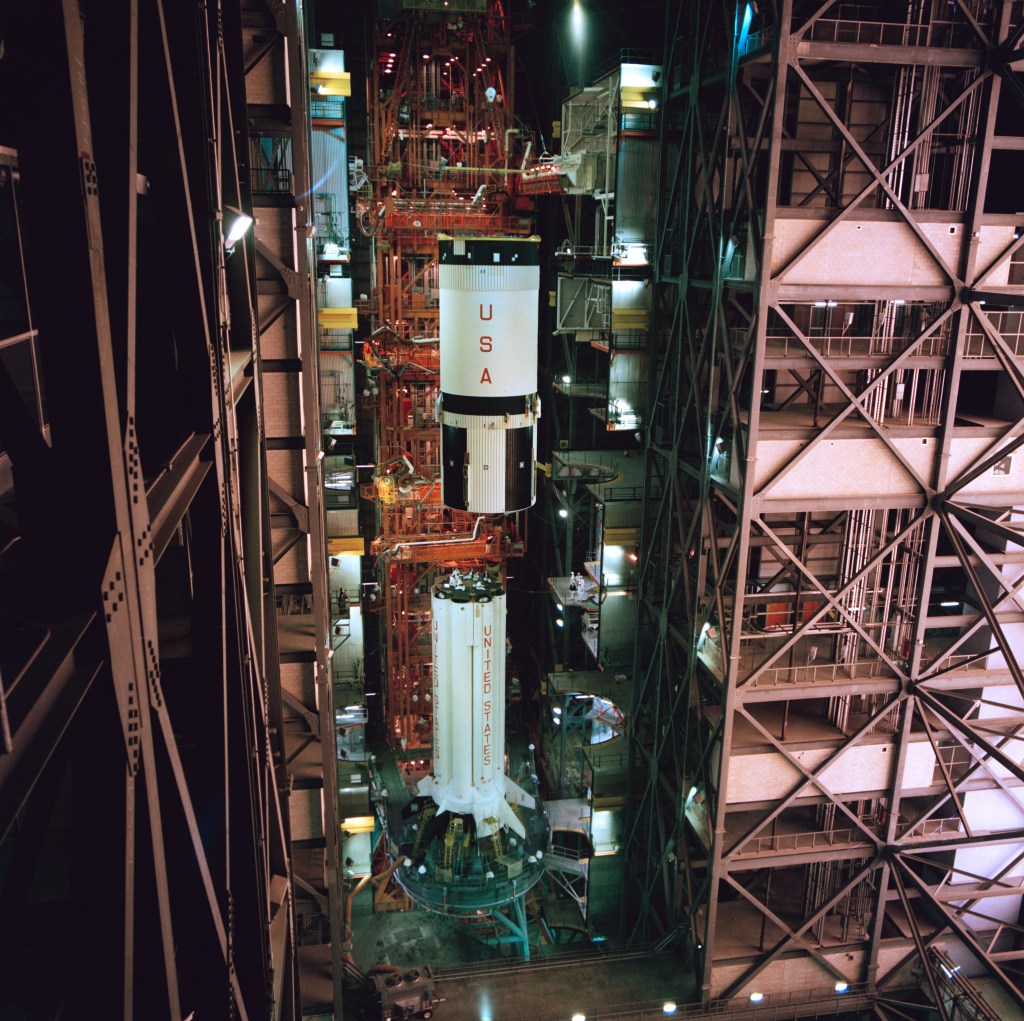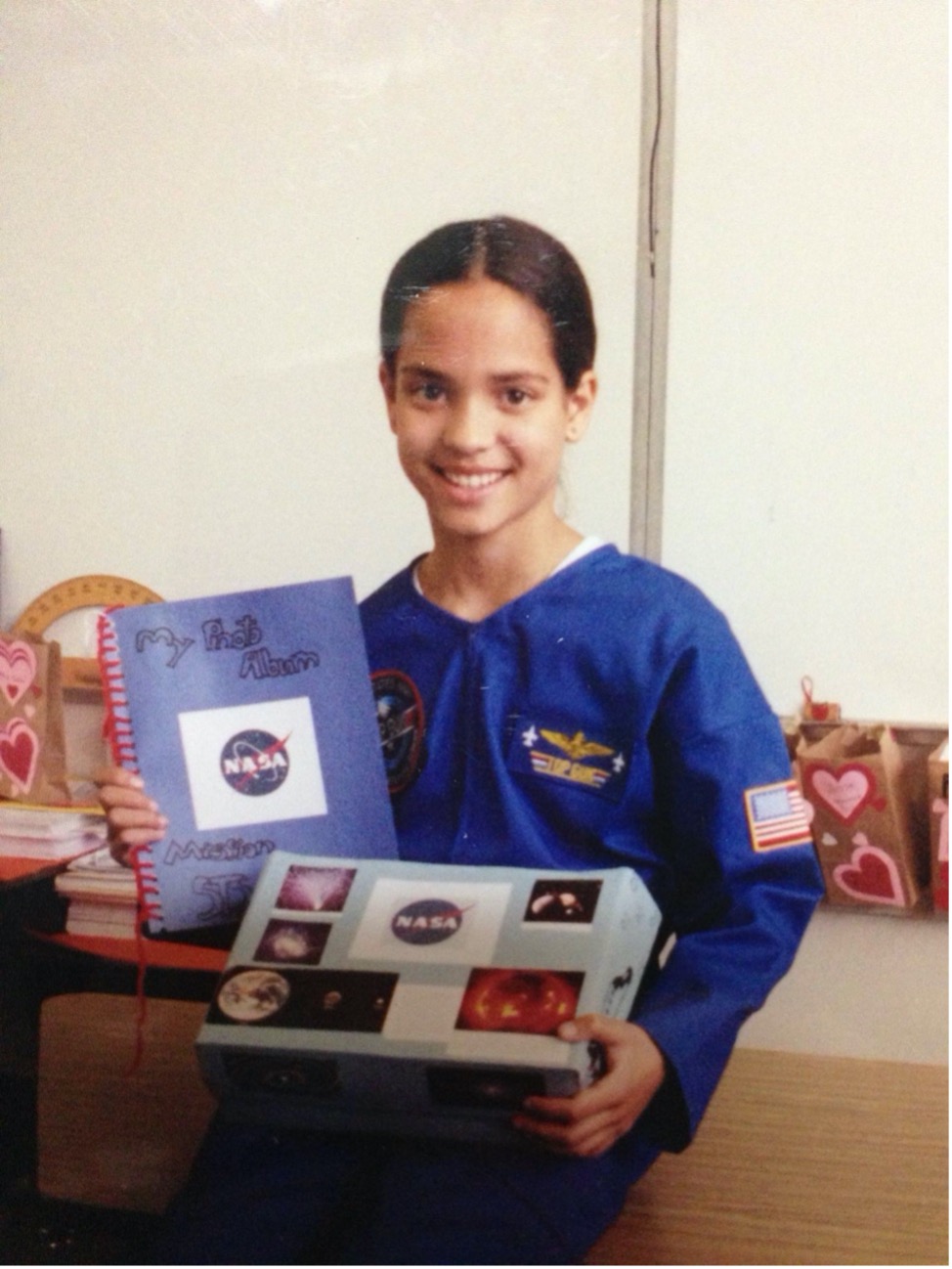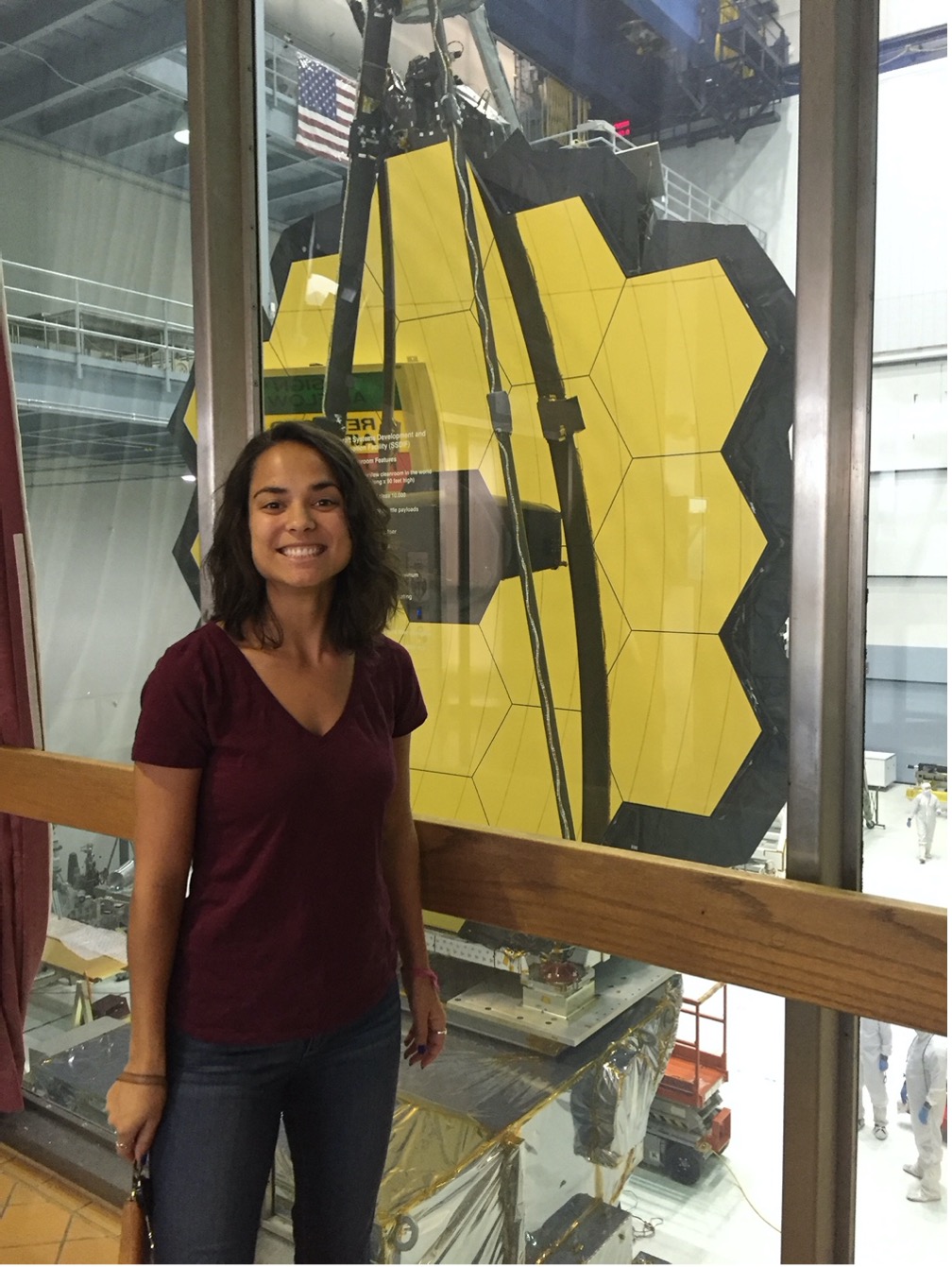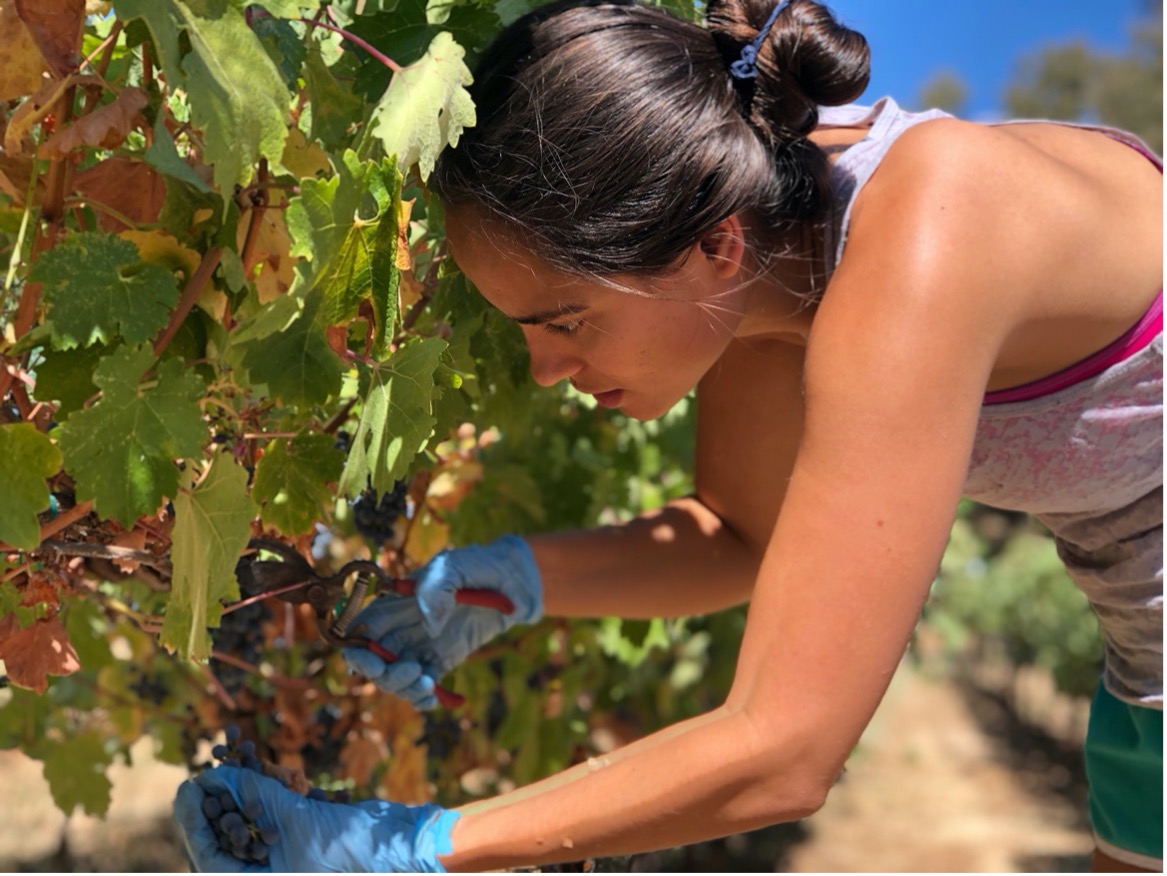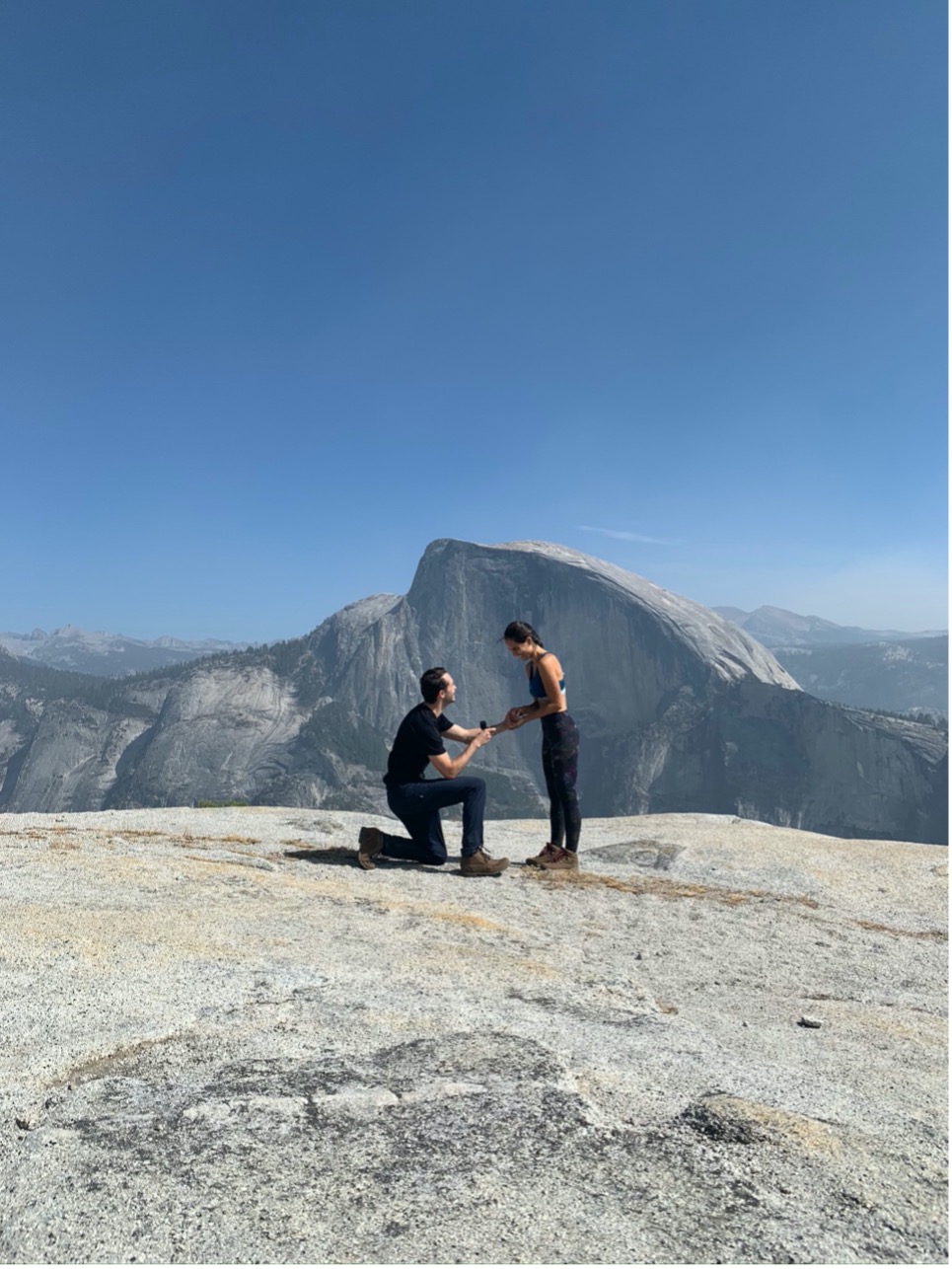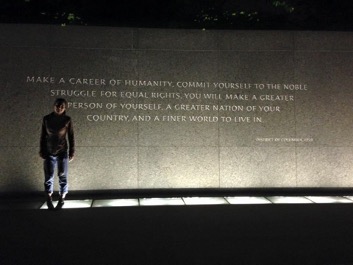Good morning Natasha, it’s wonderful to chat with you. We usually begin by taking you back to your early years, your childhood, where you are from, where you grew up, something about your family at the time and then specifically if there was anything or how early was it that you decided that science would be a good avocation?
Yes, absolutely. Well, thank you for having me. Where to begin!? Let’s see, I was born in Brazil. My parents were both academics, and also both in astronomy, so I am the product of two astronomers!
Wow!
(Laughs) When I was born, my mom was in graduate school at UC Santa Cruz and my dad, who is Brazilian, was working at the National Observatory in Rio. We lived in Brazil for a few years after I was born and then moved back to Santa Cruz, where my mom finished out her graduate school at UC Santa Cruz. That’s where I did preschool and kindergarten.
You said you moved back to Santa Cruz, but you were born in Brazil?
Yup, I was born in Brazil, then we moved to the US, and then, as soon as my mom finished out her graduate work, we moved back to Brazil. We lived in Brazil until I was 10 and then my mom got a postdoc offer to do an NPP at NASA Ames, so we moved back to the Bay Area, to the East Bay, where I lived throughout high school. Only in hindsight do I realize how much science was intertwined in my upbringing. There were little things that my parents did that subliminally got me thinking about and excited about science. When I and my siblings were all very little, maybe around 7 to 10 years old, my mom had us all draw pictures of an astronaut in space. We spent a lot of time drawing these pictures and then we showed them to her. She looked at all of them and then specifically at me and asked, “Why did you draw a white male?” I was totally in shock. The daughter of a Latinx scientist, a female scientist, and I had drawn this extremely stereotypical scientist! It really made me think, even at such an early age, about the stereotypes that were so ingrained in our culture. If I could succumb to this, how could anyone come out unscathed? I think that started to empower me, at an early age, to want to pursue science. Later in childhood, after we had come back to the United States, I had to do a book report on a famous American. I chose Sally Ride, who was the first American female in space. And that was it! I was sold on space sciences. At the time there was so much interest in finding life on Mars. I even interviewed Chris McKay for a school project when I was 11 about his work in Antarctica. I thought that was so fascinating that I wanted to be the first person on Mars! Though, somewhere down the line, I realized it was the science that captivated me, so instead of going the astronaut route, I went the science route.
I was going to ask you that if you were interested in astronautic what changed your mind toward the sciences, but you answered it before I asked! By the way, is Natalie your mom?
Yes, she started out working in the NPP program in 2000, so that’s when we had to move back to the United States. Kepler had just been rejected, one of the many times that it was (laughs), on the grounds that stellar variability was likely going to inhibit planet detections and they needed someone who specialized in stellar variability. She took that postdoc offer and obviously her career took off from there. Being a kid throughout that process was super inspiring, of course. As a high schooler, I got to go to the Kepler launch which was amazing. There’s something really invigorating about watching a team accomplish something of that magnitude. It is very inspiring!
Absolutely! So you came naturally to your interest and developing passion in aerospace science. And at some point, you needed to choose schools and majors. Can you tell us a little bit about that? Looking at your bio you went to Cornell for your undergraduate and then to Penn State, so talk about your decisions in that regard. And once you graduated with, I noticed, a double Ph.D., hats off to you for that, then you probably came back to California and connected rather seamlessly with Ames? Would you talk a little bit about that?
Yeah, when I was applying to undergrad, I knew I wanted to do something in physics or aerospace, so I picked a variety of different programs around the country. For some programs I chose physics, in some I chose astronomy, and in some, I chose aerospace engineering. I kept getting rejected by most of the schools that I applied to, but one of the schools I got into was Cornell. Cornell gave me a scholarship which enabled me to actually afford the program. At that point, I just couldn’t pass up the offer. Of course, there was also such a rich heritage at Cornell, with Carl Sagan and Steve Squyres, who was leading the Mars Exploration Rovers. In college, since I had been originally motivated by this idea of the search for life on Mars, I started to become familiar with the field of astrobiology. My first internship was at NASA Goddard. It was in an astrobiology program, but the project was to look at the atmosphere of an exoplanet. That’s when I learned that not only are we searching for life within our solar system, but there were also techniques to search for signs of life on these exo-worlds. This was a beautiful merging of my ideas and interests. Back at Cornell, Dr. Jonathan Lunine introduced me to a brand new telescope scheduled to launch in 2018. This was the James Webb Space Telescope. He said, “There are all these new exoplanets being discovered with Kepler. James Webb is supposed to launch in 2018 and people want to know if Webb can observe their atmospheres”. And so I started working on this project to try and simulate what observations of exoplanets would look like with Webb. At the same time, I was applying to graduate school, which was also marked with a lot of rejection. Out of the fifteen or so applications I sent in, I got into two schools — Penn State and the University of Hawaii. Since I was starting to develop these collaborations at Space Telescope Science Institute, through this JWST project, the idea of going to Hawaii seemed a little bit too far for me. Penn State seemed like a very natural bridge. They had several astrobiology-related efforts and several people working on exoplanets. It was the perfect fit.
Hawaii seems like it would have much better weather!
That was obviously super attractive but I had come from such a small town in Ithaca, the idea of going to Penn State, which was a big state school with a big graduate student body, seemed really exciting to me. I wanted to be able to meet people across several different disciplines, have a big support network, and be close to NASA Goddard and to Space Telescope Science Institute. I figured it would enable me to stay more connected.
That sounds like a very natural course, to go there. Let me ask a question that’s a little bit of an aside: you said you were born in Brazil and then you came to Santa Cruz because your mother had a postdoc there and then you went back after that and were in Brazil until you were 10. Your English is flawless. Are you bilingual? Do you speak Portuguese too? Because it sounded like most of your childhood was in Brazil.
I am bilingual but no accent or anything. When I came to the U.S. in the fourth grade, I knew very little English and starting school was a challenge. I did summer school and ESL classes (English as a Second Language). That’s probably why I was attracted to math because it was so universal. My siblings and I sometimes joke that we grew up speaking neither language very well (laughs) because we bounced back-and-forth from country to country so much. But in reality, we grew up in a bilingual household.
Where in Brazil?
I’m from Rio. Most of my Dad’s side of the family lives there, with the exception of his sister who lives in Minas Gerais. Having family so far away is hard but we love visiting them. Rio is one of our favorite places in the world.
You’ve already talked about your research interests and it was interesting to me because it is right dead center down the track of trying to understand the potential for life elsewhere in the universe, the search for life. As we’ve conducted these interviews, almost all of them no matter what type of research they’re doing, if you follow it back it connects up at some point with that question. There are various ways that it can be researched but that’s the big question. We usually ask that you talk about the work you’re doing in terms of justifying it to the strategic interest of NASA and to the taxpayers, but what you’re doing is obviously in the strategic interest of NASA and the taxpayers are very responsive to research that attempts to address and answer that question. Is there anything else you’d like to say about your particular research field, or any important significant discoveries or findings or anything like that that you’ve been involved in?
Hopefully, in a few years after JWST launches, I will have exciting discoveries to share. Until then, I’ve been working on making sure the community has access to tools to do great science. When I started to work on that Webb project, I realized there was no real tool to help the public plan their future JWST science programs. We have this huge piece of instrumentation that was going to be launched in 2018 and it seemed like the community really needed to start learning how to use it effectively. So I developed this tool called PandExo, which has since enabled the submission of hundreds of different proposals both for Hubble and the James Welch Space Telescope. Seeing the power of that has motivated me to fill other gaps in open access to tools in prep for launch.
We also ask, well the original question was “what is a typical day like for you and what do you like best and least about your job?” We’ve kind of added to that “how has the COVID situation affected your ability to do your work?” Are you mostly working by computer anyway, so that working remotely hasn’t been a problem? Are you also saving time from potentially a long commute that you’ve been able to turn into productive time? Or have you been relatively unaffected by the COVID status?
Well, I used to love my commute because I live in San Jose and I would hop on the Caltrain with my partner, who also worked right in Mountain View. We would Caltrain to Mountain View with our bikes and then both ride into work. It was great, and I liked that routine. Fun fact, I’ve actually worked longer under COVID restrictions than pre-COVID because I’m a relatively new employee at Ames. But my typical day-to-day is mostly computer-based. I do a lot of software development. If I’m working with data, it’s data that has already been processed so I’m never in a lab. I guess in general, my day-to-day has not been altered. However, part of the reason that we’re all drawn to science is teamwork and there is nothing like being able to walk down the hall and have your colleagues be there, have coffee together, and scribble things on whiteboards. I think personal interactions with those colleagues and also postdocs are so important. That aspect has been hugely disrupted.
You’re not alone in commenting on the collaborative, almost collegial atmosphere that exists at Ames among the researchers, the hallway conversations, and the person-to-person interactions. Others have expressed that they miss that interaction even if they can do a lot of their work on the computer so that’s totally understandable. You’ve talked about what you enjoy most about your job but you haven’t really been on the job long enough to have thought about what you enjoy the least. A lot of people have mentioned the paperwork but you haven’t had to do a lot of that yet, probably?
No, I haven’t run into too much paperwork. The one thing especially during COVID that has been tough is the computer connections. I think everyone has dealt with that in one way or another, it’s not unique to NASA, but that’s really been the only frustrating part of the job when technology doesn’t cooperate with you as it should.
Let me ask a question a little bit from the side here: If you weren’t pursuing your career in science research, what would your dream job be?
(laughs) What would be my dream job?
Maybe when you were growing up, did you ever think about what you would like to do in your life?
Well, this is my dream job. But if I wasn’t working at NASA my dream job would be to create and run a nonprofit that aims to fill gaps in equal access to education. I’ve worked for a few nonprofits that have similar goals: Learn To Be, Evergreen Valley College Citizen Science Initiative, and Project Favela. I’ve always been inspired by the people who run these organizations. They have all identified a problem in society and are working to solve it head-on and better humanity. They are so passionate and devoted to their cause. People like Bryan Stevenson, who started the Equal Justice Initiative. Those people have always inspired me and so I think if I weren’t doing this, I would go down that path.
We get interesting answers to that question. They have ranged from ballerina to funeral director, believe it or not. You’re an early career researcher but if you were approached by a young person or a student just starting out who has the same kind of interests that you do and would like to pursue a career like you are doing, what advice might you give them as to how to get to where you are and where you’re headed?
The best advice that I ever heard was during a podcast with Obama. Someone was interviewing him and they asked, “Weren’t you scared of failure when trying to obtain the presidency?” And he said something along the lines of “I was never scared of failure because my mission was never to be the President. My mission was to effect change in some capacity, and as long as I was relentlessly focused on that it really didn’t matter what else happened along the way.” I think that really struck a chord with me because as you’re trying to obtain a job that seems unattainable job, like become a NASA scientist, it’s so critical to remember what grander mission you want to be a part of. I doubt any scientists that you talk say their goal in life was not to become a research scientist at NASA. Likely their goal in life was to understand the universe or the search for life on other planets. So if you are passionate about something and pursue that grander mission, success is guaranteed because there are infinite paths to take. And so I think that’s the advice that I would give a younger person. Have your eyes on the bigger picture and you’ll be happy no matter where you end up. Things along the way might seem like a failure but they will only push you toward something unexpected and better.
For most of the researchers we’ve talked to, their route to getting where they are has not been direct. They’ve had places where they had to make a change or a change was made for them and they might have thought “Oh no, this is the end”, but they wound up in a good place because they kept that larger focus in their mind of what they wanted and so it worked out for them. So whatever opportunities you have, you go for them. That’s good advice and I appreciate you sharing it with us. Would you want to share anything else about yourself personally in terms of hobbies? You mentioned that you like bike riding, at least as part of your commute. Do you have any musical interests, or play musical instruments? What things do you like to read, or what are your hobbies or things like that?
I’ve done ballet ever since I was a little kid so that’s been a lifelong hobby of mine. I also play the piano with my partner, who plays the guitar. That’s been a little source of joy during COVID. Biking and running are also huge sources of joy. I’m also at my grandfather’s house right now. We have a very small family vineyard and it’s winter pruning season. Throughout the year we also do winemaking. It’s a family hobby that was started by my grandparents.
Beautiful! Are there any pets in your life?
(laughs) There are so many pets in my life, none of which I own! My younger brother has two dogs, my older brother has a dog and a cat, and my sister has one dog. Three of the four dogs are puppies and I love them all and that is enough dogs in my life! (laughs)
OK, well that takes care of both pets and siblings! Here’s a question that always seems to return more than we expect and that is, you’re obviously a very busy person and your science consumes a lot of your time and effort, but what do you do for fun?
All those hobbies I mentioned like ballet, piano, winemaking, running, biking I do for fun. My partner and I also just got off the waitlist at our San Jose community garden, which we are super excited about. Living in San Jose we have a small apartment, so to have a little piece of earth that we can grow things on has been super fun. It’s also been fun to get more integrated into the San Jose community.
Yeah! Sure! You are young, I keep saying that because some of these questions presume a little bit of a longer view, but what accomplishment are you most proud of that doesn’t have to do with your career or research?
That’s a good one! This might be a silly answer but my relationship with my partner is something that I am incredibly proud of. We just got engaged last year on a backpacking trip to Yosemite, and we’re getting married this year!
Congratulations!
Thank you. I am incredibly proud of the life that we have cultivated together here in San Jose over the past couple of years and I think that’s probably the thing that I am most proud of, including my job and everything else.
Excellent! Thank you. And how about who or what do you find inspiring?
Outside of family and friends, people who do nonprofit work are very inspiring to me, I mentioned Bryan Stevenson who started the Equal Justice initiative, his book ”Just Mercy” was one of the best books that I’ve ever read. Besides that my family and my partner, are the people who have inspired me day to day. I’m sure a lot of people say that. My parents are forces. They had a similar career to me but by the time they were my age they had three kids (laughs). And they were moving back-and-forth from Brazil to the United States and keeping together a very strong close family. So I’m constantly inspired by them.
Do you have a favorite space image or image about your work, or even not about your work, that we might find in your office on the wall, something that motivates you or that you just like? We like to include pictures in these posts, that give a broader view of who you are and what you’re about. Something that you find personally motivating or energizing or is just in line with your passions. And also anything else about your life, bike riding or pruning the vineyard. Any pictures like that would be helpful and interesting. You can think about that, you don’t have to come up with them right now but does any particular one come to mind right now?
In terms of a space image, when I was working at Goddard, I got to be there when they first hoisted up the James Webb mirror. That was probably one of the most inspiring moments for me, to actually see this massive thing come to life.
I’ve actually seen it in person, too and it’s very impressive. I haven’t quite kept up with the latest in terms of launching plans but isn’t it scheduled for this fall?
Yes, October 31st.
OK, well that’ll be spectacular, and everybody will be on pins and needles to make sure that it goes up safely. And then we also ask is there a favorite quote that comes to mind? Something that you find motivational or inspiring or just clever or something?
My favorite quote and I probably won’t be able to recite it off the top of my head. It’s a Martin Luther King Jr. quote, that is on his monument in Washington DC. It starts with “make a career of humanity”, which I think is so powerful and important. The MLK quote is specifically talking about the struggle for equal rights, but it applies to us as scientists for two reasons. First off, there is so much work to be done to get all STEM fields to a place that is characterized by inclusivity and equal opportunity. Second, I think the pursuit of knowledge through research is a form of making a career of humanity. And research thrives off of diversity of thought which leads to more creative solutions and ideas. So this quote to me just says it all.
“Make a career of humanity. Commit yourself to the noble struggle for equal rights. You will make a better person of yourself, a greater nation of your country, and a finer world to live in.”
An inspiring quote for sure.
Thanks again so much for having me!
Interview performed by Fred and Sara on 3/2/21

